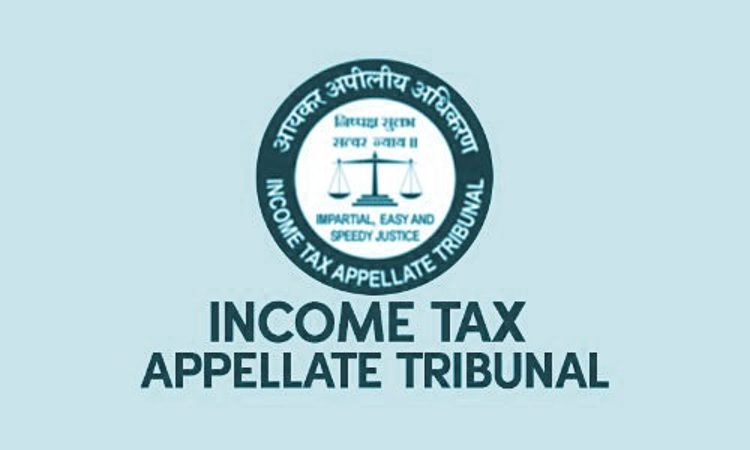RPM Is Most Appropriate Method To Benchmark Transaction Of Purchase Of Solar Goods: ITAT
Mariya Paliwala
13 Jun 2024 10:30 AM IST

Next Story
13 Jun 2024 10:30 AM IST
The Delhi Bench of Income Tax Appellate Tribunal (ITAT) has held that the Resale Price Method (RPM) is the most appropriate method to benchmark the transaction of the purchase of solar goods.The bench of Vikas Awasthy (Judicial Member) and Pradip Kumar Kedia (Accountant Member) has observed that where there is no value addition made before reselling the product, RPM is the most...
